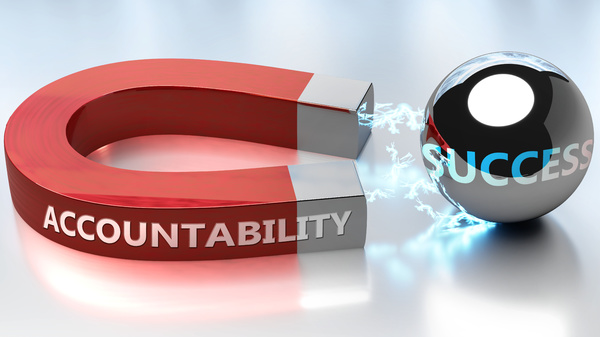THE WORLD’S #1 EXECUTIVE COACHING AND BUSINESS COACHING BLOG SINCE 2017.
How to Get the Most from Your Leadership Program
September 26, 2022 | Category: Blog, Intelligent Leadership | Last updated on: March 12, 2025
To get the most from their leadership development programs, organizations should establish clear objectives and action plans. Employees only buy into complex development programs when they see their leaders model behaviors they expect from employees. Leadership development is not an event; it’s a complex and lengthy, yet worthwhile process.
In a knowledge-driven economy, leadership development (particularly in-house leadership development) is a top priority for organizations, yet few of them get it right.
Some imagine that inviting a high-profile speaker to share leadership wisdom with employees once is leadership development, but it’s not.

Leadership development is a culture.
Leadership coaching is a thorough and lengthy process, but it’s also a small part of leadership development. Successful leadership coaching is the spark that can set the foundations of a leadership development-focused company culture.
Turning Leadership Development into a Process
Far from being an event, leadership development is a process and a culture that must take hold in an organization for it to reap its full benefits.
A culture focused on leadership development values and rewards coaching on every level. Employees coach one another; managers coach employees and their fellow managers. In a coaching-focused organizational culture, it’s not surprising to find an employee coaching a leader.
When everyone coaches everyone, high-potential employees emerge and rise to the top organically. Organizations that observe such cultures find it easier to produce in-house leaders skilled enough to cover their leadership succession needs.
Starting with the Goal in Mind
Many organizations recognize that leadership development on every level is essential for their survival and long-term thriving, but the leaders of these organizations consistently fail to implement effective leadership development measures because they don’t know where to start.
In the context of leadership development, it’s best to start with an end goal in mind. To get the most from their leadership programs, organizations should first consider what they want to achieve.
Once they know where they want to go, they should establish where they currently are. Setting two stable reference points allows organizations’ leaders to devise actionable measures they can take to go from point A to point B.
Questions to Answers
To get the most out of a comprehensive leadership development program, leaders must answer a few essential questions to establish a baseline and direction for their leadership coaching efforts.
- What are our training gaps? By identifying training gaps in organizations, leaders set the foundations of their leadership development programs. The gaps serve as the starting points of the actionable techniques that will take the organization closer to its goals. Leaders and stakeholders should be careful not to confuse long-standing issues with recent critical events and treat symptoms instead of causes.
- What headwinds are we facing? Although leadership development and culture-oriented efforts originate from leaders, their success depends on employees and other stakeholders. Are employees willing to learn and embrace change that will overhaul the organizational culture? Do they need to be primed to embrace leadership development?
- Is the team ready to lead by example? Resistance to change may come from employees and the leadership ranks. Employees must see leaders model behaviors they expect from them. Hypocrisy does not breed trust or positive attitudes toward change. To inspire employees to buy into a leadership development process, leaders must buy into it themselves.
- Can we measure results and establish accountability? A powerful and transparent coaching system is the driver of every successful leadership development process. It starts with executive coaching and trickles down to individual employees. Robust business coaching relies on performance management systems, accountability, and simple means of measuring progress.
There can be no success without accountability.
Leadership development is neither simple nor cheap. It’s a long process that aims to effect fundamental changes in leadership and employee behaviors. Successful leadership development makes organizations more productive and resilient. It also takes care of leadership succession needs. Culturally attractive organizations can recruit more competent employees and retain existing talent better.



